Dealing with Saurashtra, a complex but little studied part of Western India, this book extends monographic treatment to an entire region, and thereby reveals the dynamic and changing nature of relations between castes. Town, village and Hamlet all participate as backgrounds for the image people in Saurashtra have of their society, while the ever-present past informs them of the past itinerary of present groups, and provides a diachronic perspective on the power relations that inform the system and pervades the consciousness of the regional population. Their knowledge of society extends both through changing relations over time and variation within the region. Though considerable, such knowledge is always and necessarily partial. Constant but differing efforts are made to relate such knowledge to the precepts of caste society as structuring the image of the whole. But such efforts are made by people who are differently situated, and who construct contradictory images, of which the most important, traditionally, are those emanating from the feudal past, and those linked to the merchant communities. Thus caste cannot fruitfully be seen as a single structure, in static and synchronic terms. By analysing interaction in various settings, the author shows how the encounters of daily life are embedded in the rank consciousness peculiar to India, while difference is constantly underscored in hierarchizing discourse. In this study, the individual emerges as an agent of the hierarchical order, with an image of the self just as individual as his western counterpart though differently constructed.
Transfer of Knowledge and Children’s Agency: Reconstructing the Paradigm of Socialization
As knowledge is transmitted ...
$65.70
$73.00

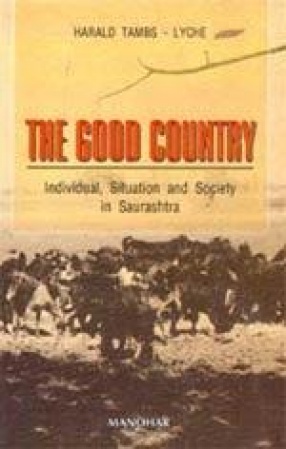
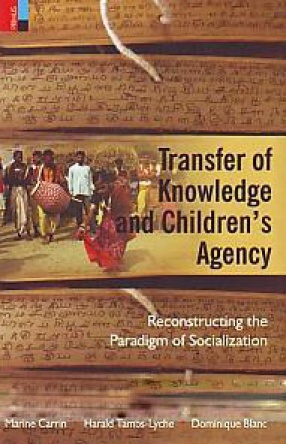
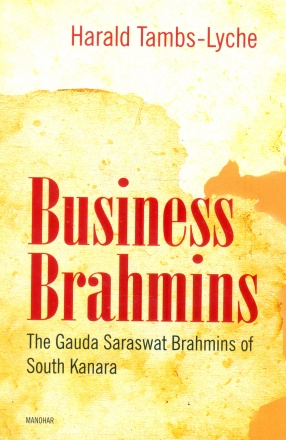

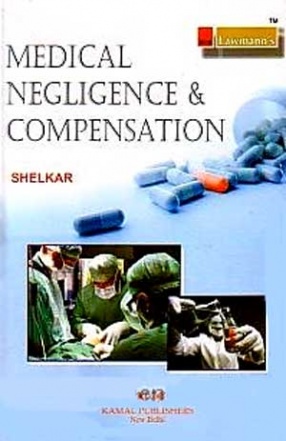
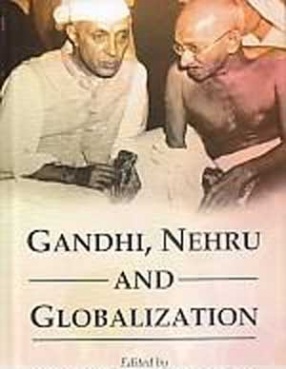
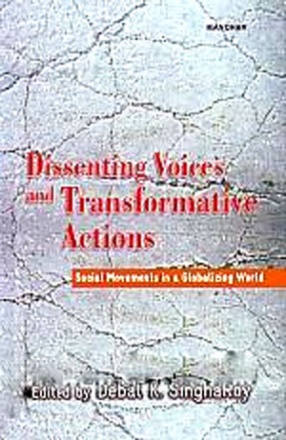
There are no reviews yet.